Talking to PetroTimes, Dr. Ngo Duc Lam - Energy expert, former Deputy Director of the Institute of Energy ( Ministry of Industry and Trade ) said that to develop offshore wind power, it is necessary to have the participation of capable, experienced, reputable and potential investors such as the Vietnam National Oil and Gas Group (Petrovietnam), Vietnam Electricity Group (EVN),...
Dr. Ngo Duc Lam - Energy expert, former Deputy Director of the Institute of Energy (Ministry of Industry and Trade).
PV: Sir, how do you evaluate the potential for offshore wind power development in Vietnam?
Dr. Ngo Duc Lam : In my opinion, developing offshore wind power is a major and correct policy of the Party and Government . This is a breakthrough and necessary solution in the energy transition, ensuring Net Zero by 2050 according to the Government's commitment at COP26 and national energy security.
Vietnam has great potential in the field of offshore wind power thanks to its coastline of more than 3,000 km and vast shallow seas. According to some studies, Vietnam has the ability to exploit about 600 GW of offshore wind power capacity. Of which, the technical potential is 261 GW of fixed-foundation offshore wind power (at water depths of less than 50 m), 338 GW of floating-foundation offshore wind power projects (in sea depths of more than 50 m). In some places, annual wind speeds exceed 10 m/s.
This is an impressive figure, with this potential, Vietnam can become one of the leading renewable energy centers in the region in the future.
The development of offshore wind power not only helps meet the economy 's growing demand for electricity but also plays an important role in reducing greenhouse gas emissions, contributing to the national goal of energy transition and combating climate change. At the same time, it concretizes the viewpoints, goals and orientations for offshore wind power development in conjunction with the implementation of the Vietnam Marine Strategy.
PV: With such great potential, how do you evaluate the ability to attract investors to this field?
Dr. Ngo Duc Lam : When it comes to large projects such as offshore wind power, the selection of investors is very important. Vietnam needs to cooperate with international investors who have experience and advanced technology in this field. Countries such as Denmark, Germany, and the United Kingdom are currently leading the offshore wind industry. Companies from these countries not only bring capital but also management and operational experience and advanced technology, helping to optimize the efficiency and reduce the cost of the project.
In addition, domestic enterprises should also be facilitated to participate in the value chain of these projects, from production, installation to maintenance and operation. This will not only create jobs but also help improve Vietnam's technological and management capacity in the field of renewable energy.
However, offshore wind power is a new field in Vietnam, related to national defense and security, so implementation needs to be carefully and cautiously researched.
I agree with the proposal of the Ministry of Industry and Trade that the initial phase should be assigned to a state-owned economic group to conduct a pilot project, creating a premise for perfecting legal regulations. Assigning foreign investors and private investors will only be implemented after a comprehensive assessment of the pilot project and a complete legal document system.
Petrovietnam is capable of participating in offshore wind power development/Illustration photo
PV: So in your opinion, which state-owned economic groups in Vietnam are capable of participating in this field?
Dr. Ngo Duc Lam: In Vietnam, enterprises capable of participating in offshore wind power projects must be large corporations and groups with experience and strong financial potential.
In my opinion, currently the Vietnam National Oil and Gas Group ( Petrovietnam ) and the Vietnam Electricity Group (EVN) are capable of piloting the development of offshore wind power projects.
Petrovietnam is a state-owned enterprise with great potential, prestige, and experience in the energy sector, especially offshore oil and gas. They have technology and the ability to arrange capital more conveniently than other enterprises. Petrovietnam's specialty is operating in the field of oil and gas exploitation with the main location of operations at sea. Petrovietnam and its member units are considered to have the most advantages in Vietnam when carrying out offshore projects from many aspects, such as data investigation, international relations, offshore human resources, manufacturing, operation, and security - defense.
In addition, some member units of Petrovietnam have also mastered the technology and become leading providers of technical services in Vietnam and in the region, such as Vietnam Oil and Gas Technical Services Corporation (PTSC). I understand that this unit has participated in providing services for most nearshore wind power projects in the Southwest region, such as transportation, installation of towers, wind turbines, laying of submarine cables, etc. In the foreign market, PTSC has won an international bid for the design, procurement and manufacture of two offshore transformer stations for the Hai Long 2 and 3 offshore wind power projects in Taiwan (China).
From those advantages, I think that assigning Petrovietnam to pilot the development of offshore wind power projects is reasonable and well-founded.
In addition, EVN should also be assigned to participate in the pilot development of offshore wind power projects, because EVN is also a large state-owned enterprise with potential and experience in developing electricity projects, especially power transmission...
PV: To avoid risks for pioneering investors participating in the development of offshore wind power projects, what mechanisms and policies are needed, sir?
Dr. Ngo Duc Lam: As I said, offshore wind power is a new field, so for businesses to participate in this field, policies and support mechanisms are extremely necessary.
First, there needs to be a mechanism to guarantee investors a minimum return. This is a common measure in many countries with experience in developing renewable energy, to ensure that investors will not suffer serious losses if there are unexpected fluctuations in the electricity market.
Second, the Government should consider establishing financial support mechanisms, such as credit guarantee funds or concessional loans, to help investors access capital with low interest rates and easier repayment conditions. This is especially important in the context of offshore wind power investment requiring large capital outlays and long payback periods.
In addition, there should be preferential policies on taxes and fees to reduce the financial burden on investors. For example, exemption from corporate income tax for a certain period of time or exemption from import tax on equipment serving the project.
Stable and long-term mechanisms and policies are also indispensable, ensuring that regulations do not change suddenly and negatively affect the project implementation process. This stability creates confidence for investors, helping them feel more secure when investing in this new but potential field.
Finally, the Government needs to strengthen international cooperation, learn from the experiences of other countries to build a complete legal system and policies that are suitable to Vietnam's characteristics. This will help Vietnam attract more investors, thereby promoting the development of the offshore wind power industry.
PV: According to the Power Plan VIII, by 2030, offshore wind power capacity serving domestic electricity demand will reach about 6,000 MW. In your opinion, is this target feasible? What difficulties may Vietnam face in the process of developing offshore wind power, sir?
Dr. Ngo Duc Lam: In my opinion, this goal is a big challenge, because up to now, offshore wind power development is facing many unresolved problems, such as: no legal framework; national marine spatial planning has not been approved; planning of location, process, price and criteria... for offshore wind power is unclear.
It is also worth mentioning that normally, the implementation of offshore wind power projects takes a long time, from preparation to completion, it takes 6-7 years. Thus, if the problems are not resolved soon this year, it will be impossible to ensure the goals set out in the Power Plan VIII.
Besides, despite great potential, offshore wind power development still faces many difficulties such as:
Firstly, technically, the construction and operation of offshore wind power projects requires high technology, large investment capital and long completion time.
Second, the infrastructure for offshore wind power is lacking, especially the transmission grid system. This can make it difficult to connect projects to the national power system.
Third, the lack of synchronization in legal procedures and planning is also a major barrier. Currently, the regulations on bidding, licensing and investment in offshore wind power are complicated and unclear, causing difficulties for investors. In addition, issues of marine environmental protection and fishermen’s rights also need to be resolved in a harmonious manner.
PV: In your opinion, to promote offshore wind power development as set out , what solutions does Vietnam need ?
Dr. Ngo Duc Lam: To develop offshore wind power, first of all, it is necessary to have marine spatial planning. At the same time, there needs to be synchronous coordination between agencies, departments and sectors.
In addition, legal and policy obstacles must be resolved soon; consider researching, developing and promulgating a national strategy, with a roadmap for offshore wind power development until 2030, with a vision to 2050; planning offshore wind power development locations for specific projects; completing legal procedures to attract investment and develop necessary infrastructure. International cooperation is also an important factor for Vietnam to access advanced technologies and learn from the experiences of countries that have been successful in this field. In addition, developing support policies and breakthrough mechanisms for offshore wind power development in conjunction with implementing the Vietnam Marine Strategy.
Along with that, it is necessary to develop policies to support green credit and carbon policies for offshore wind power. In particular, it is necessary to focus on training highly qualified human resources to meet the needs of this new industry.
PV: Thank you!
Manh Tuong



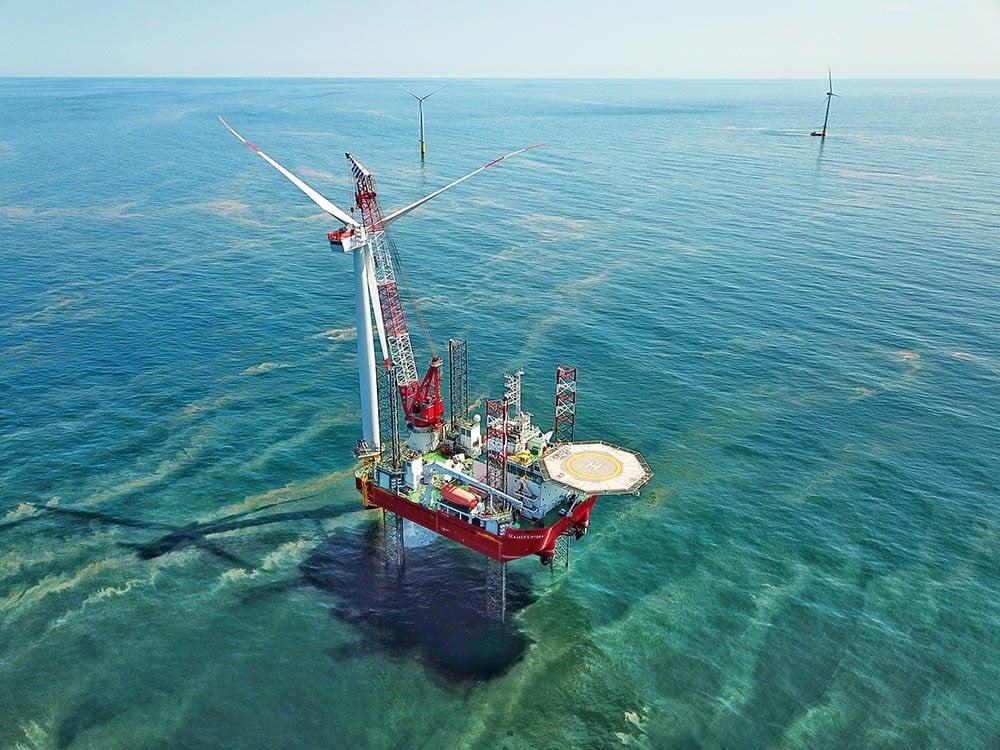
![[Photo] Prime Minister Pham Minh Chinh inspects the progress of the National Exhibition and Fair Center project](https://vphoto.vietnam.vn/thumb/1200x675/vietnam/resource/IMAGE/2025/5/19/35189ac8807140d897ad2b7d2583fbae)

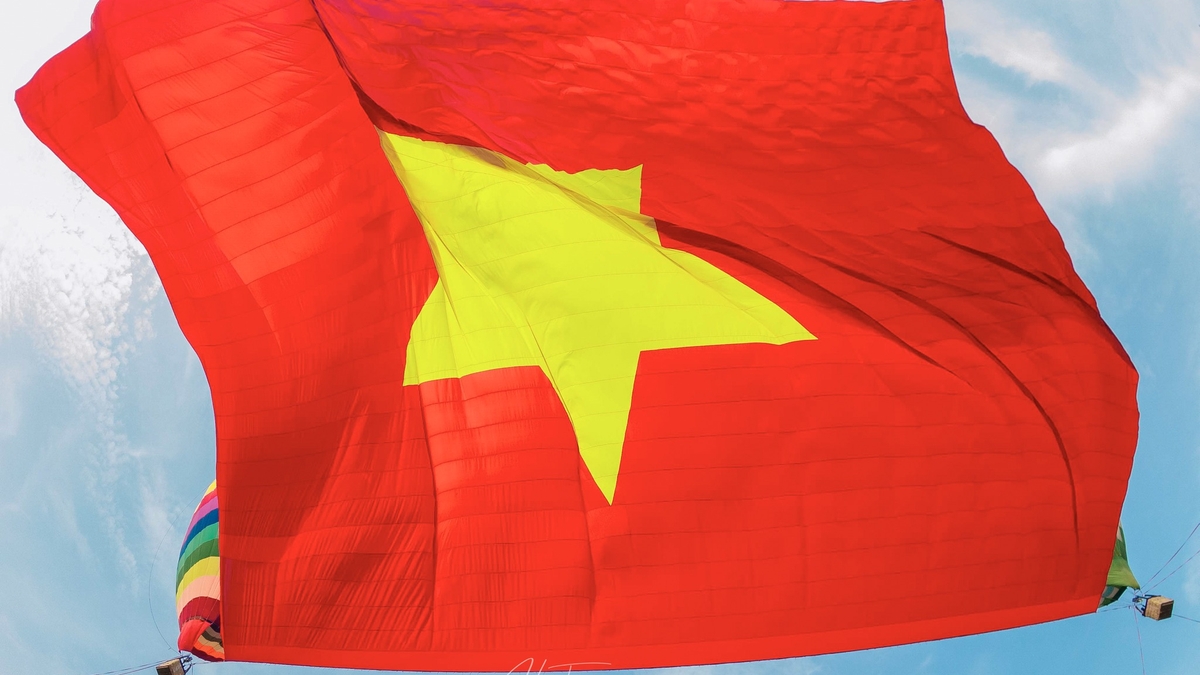


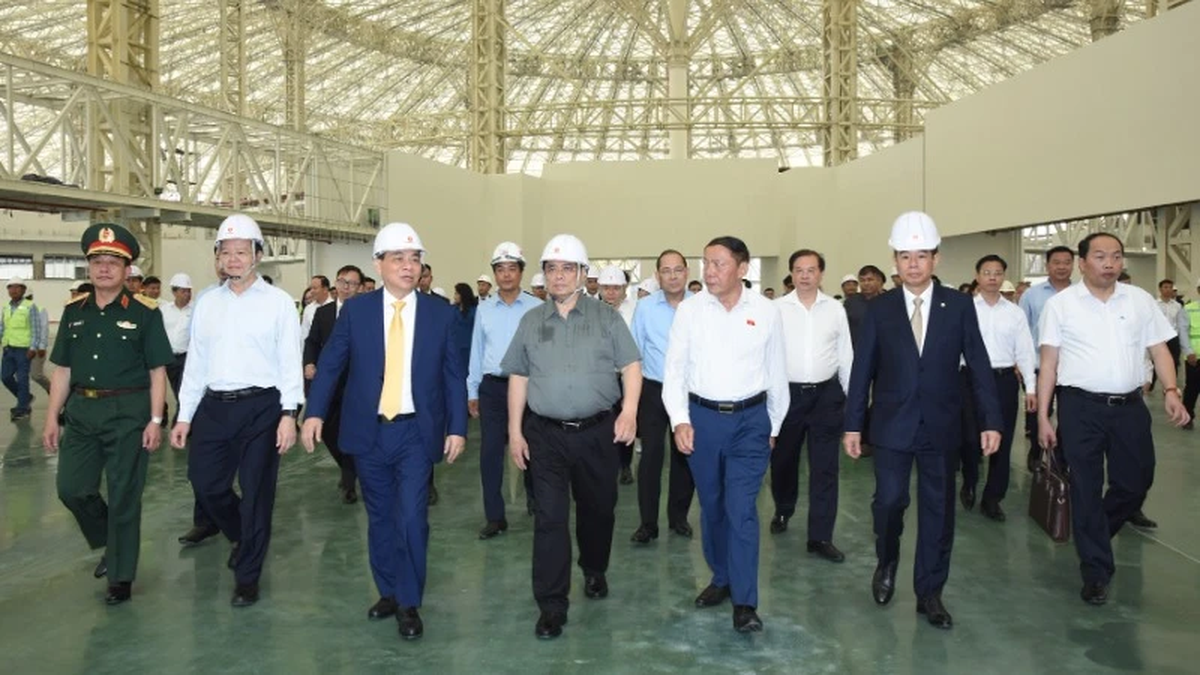
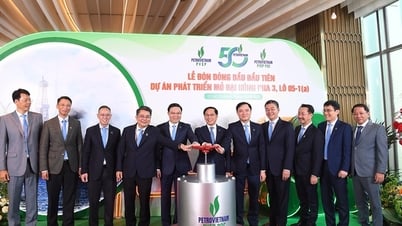



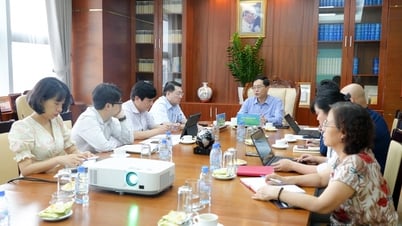
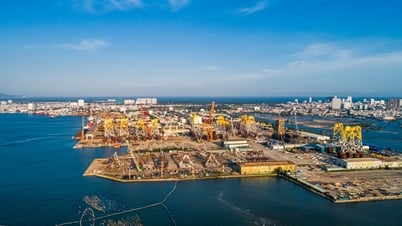
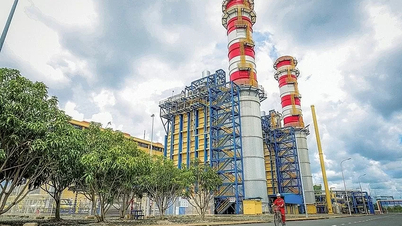

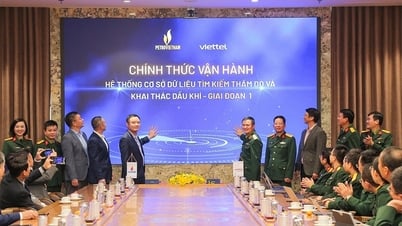

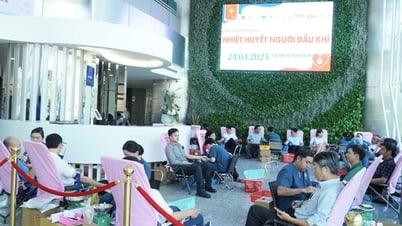

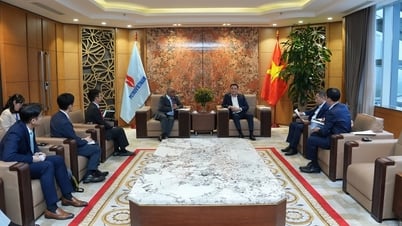
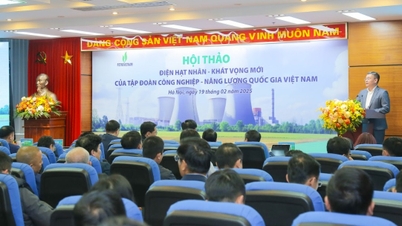

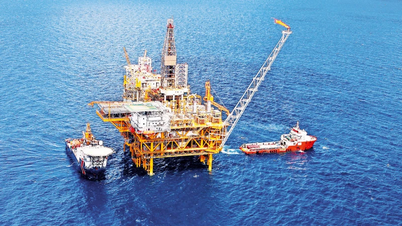





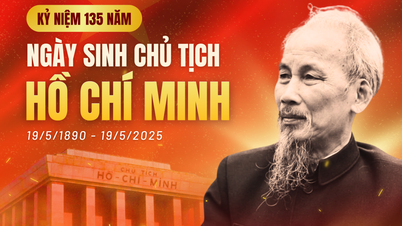

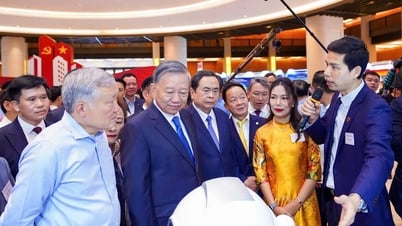


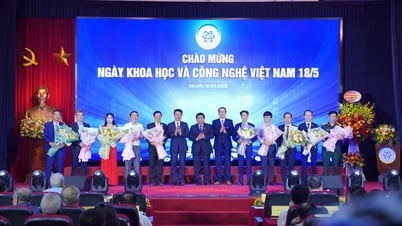
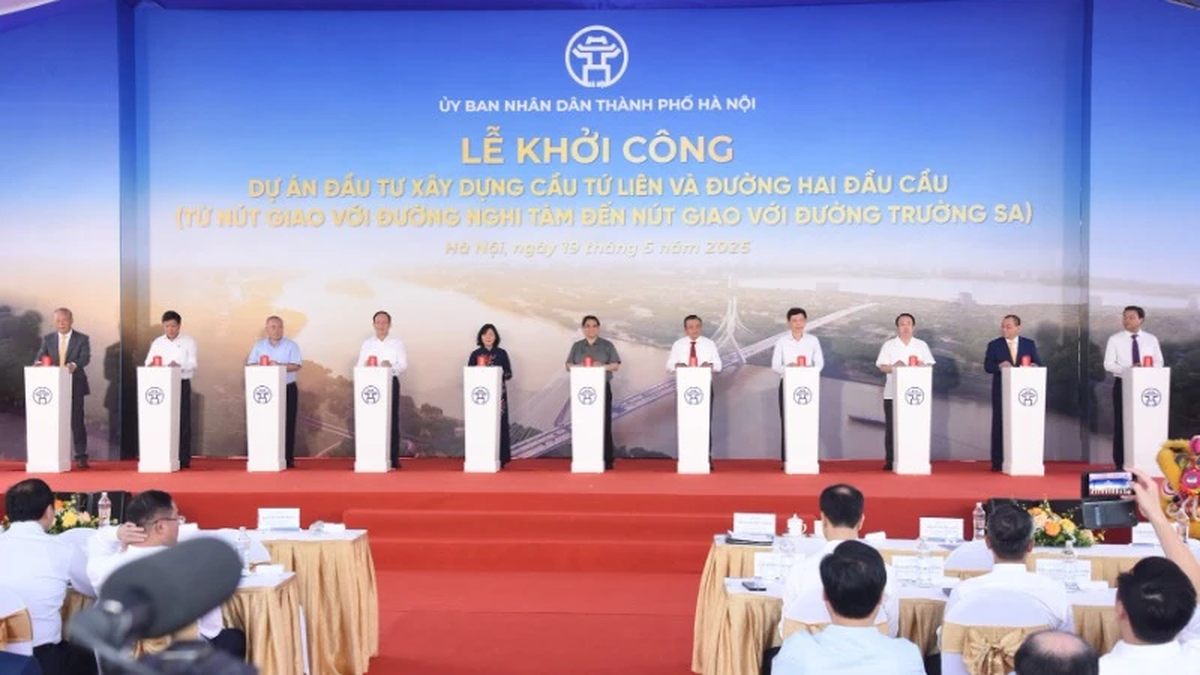







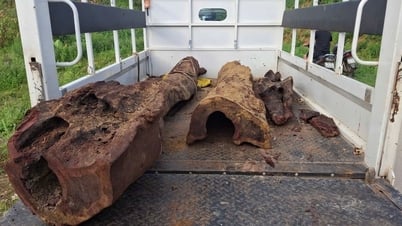

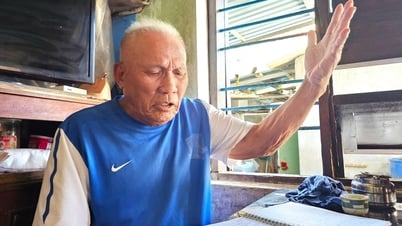




























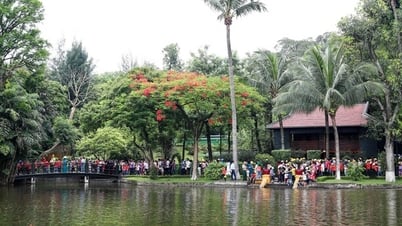


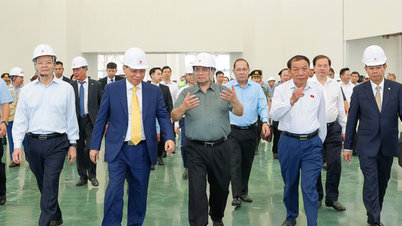
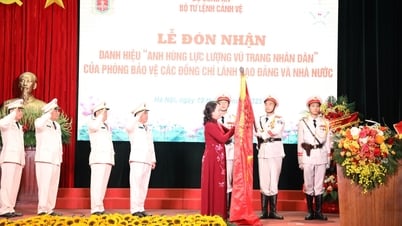


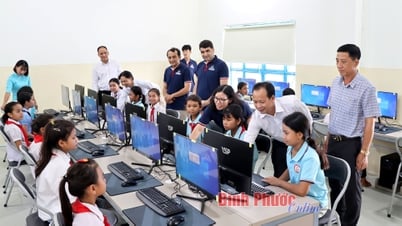

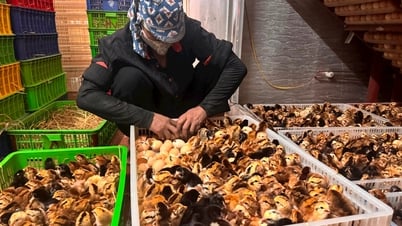

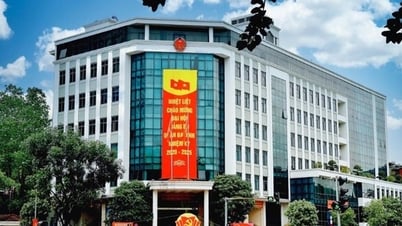
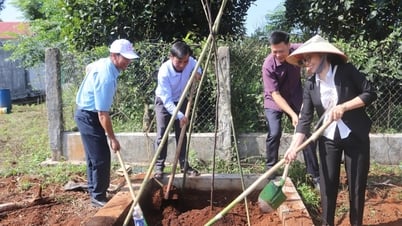

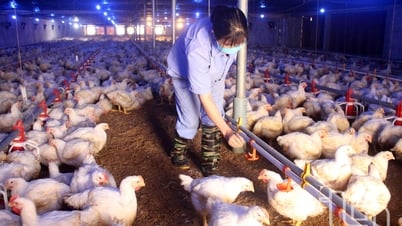





![[VIDEO] - Enhancing the value of Quang Nam OCOP products through trade connections](https://vphoto.vietnam.vn/thumb/402x226/vietnam/resource/IMAGE/2025/5/17/5be5b5fff1f14914986fad159097a677)







Comment (0)